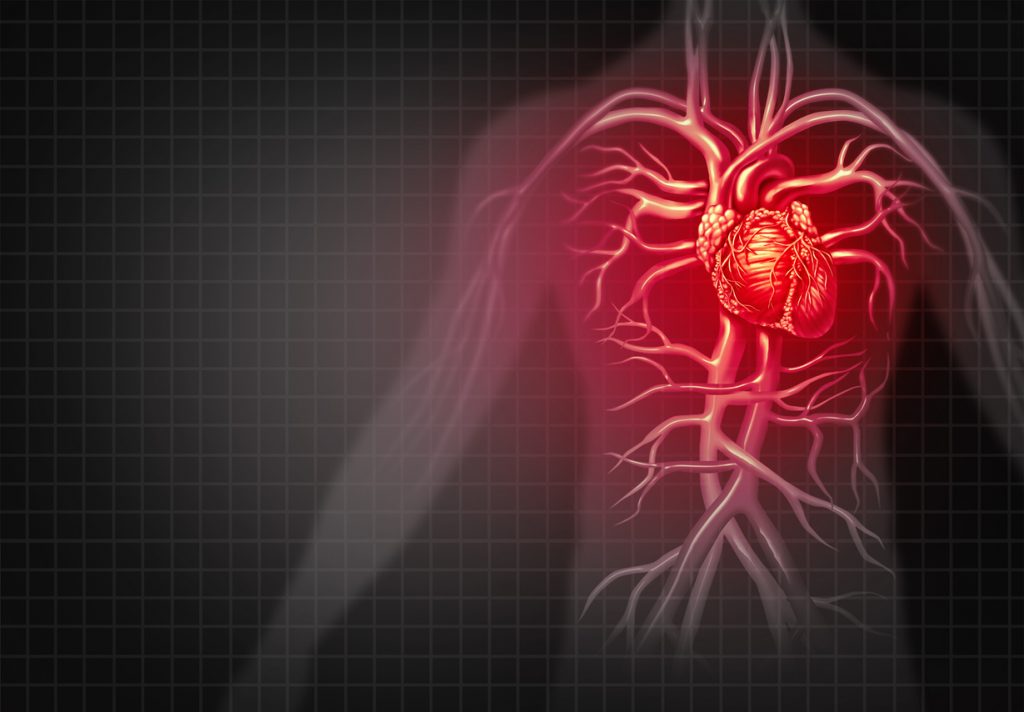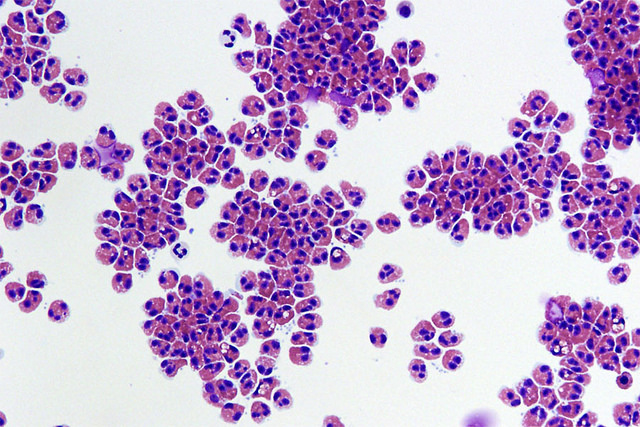This project is part of a program project directed toward assessing cardiac effects of particulate and other ambient air pollutants. In this project patient who have recently suffered a cardiac event are being monitored with cardiac monitors for 24 hours up to 4 times during the year following their cardiac event. Similarly a second group of patients with moderate to severe heart failure will undergo similar cardiac monitoring for 24 hours, twice a week separated by 3 months. In both sets of patients home indoor pollution measures will be continuously made and used to correlate with measures of heart rate variability.
Official Title
Conditions
– Heart Disease
Study Type
Observational
Study Design
Natural History, Longitudinal, Defined Population, Prospective Study
Further Details
Approximately 50 patients in each group will be studied. In addition to cardiac monitoring for 24 hours at each session, overnight respiratory pattern and oxygen saturation will be monitored in both groups. The exposure monitoring will include both particle mass of PM2.5 along with detailed assessment to determine that portion of the particulate exposure from outdoor vs. indoor sources.
Study Start
Eligibility & Criteria
Ages Eligible for Study: 45 Years – 74 Years, Genders Eligible for Study: Both Criteria For the cardiac event cases patients are selected from the Brigham and Women’s Hospital cardiac services at the time of discharge, aged 45-74, having suffered a cardiac event resulting in either an infarct or need for a cardiac procedure (angioplasty, stint, etc). For the CHF patients they are selected from the BWH cardiac clinics where they have been identified and classified as stage 3 or 4 CHF. For both groups residence requirements are that they reside within the Greater Boston Area as defined by an outer ring road (Route 495) and are willing to be visited at home and have the exposure assessment equipment set up in their home as well as be monitored personally.
Total Enrolment
100
Contact Details
[1] Frank E Speizer, MD, Principal Investigator, Environmental Epidemiology Program, Department of Environmental Health, Harvard School of Public Health[2] National Institute of Environmental Health Sciences (NIEHS) (US)All content and media on the HealthEngine Blog is created and published online for informational purposes only. It is not intended to be a substitute for professional medical advice and should not be relied on as health or personal advice. Always seek the guidance of your doctor or other qualified health professional with any questions you may have regarding your health or a medical condition. Never disregard the advice of a medical professional, or delay in seeking it because of something you have read on this Website. If you think you may have a medical emergency, call your doctor, go to the nearest hospital emergency department, or call the emergency services immediately.







